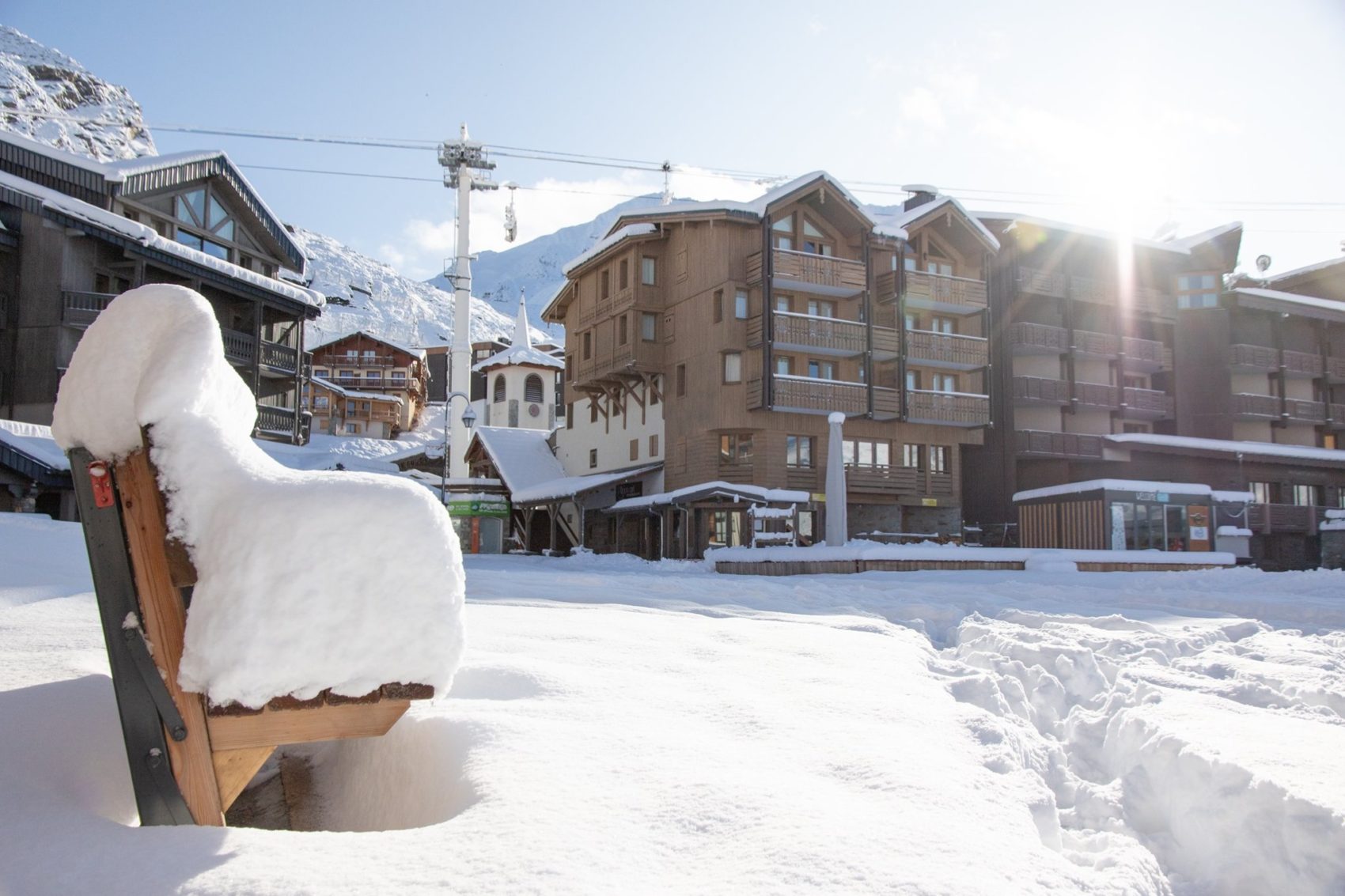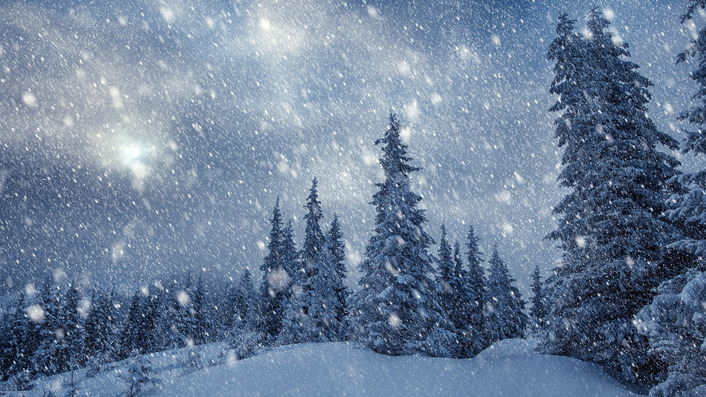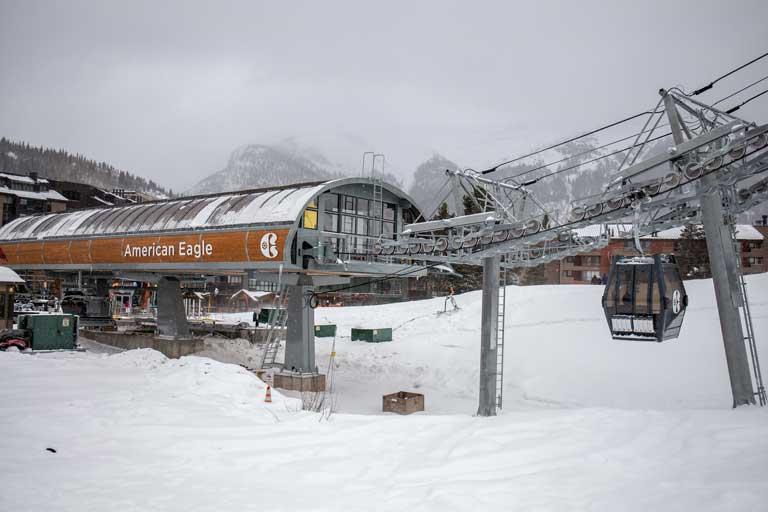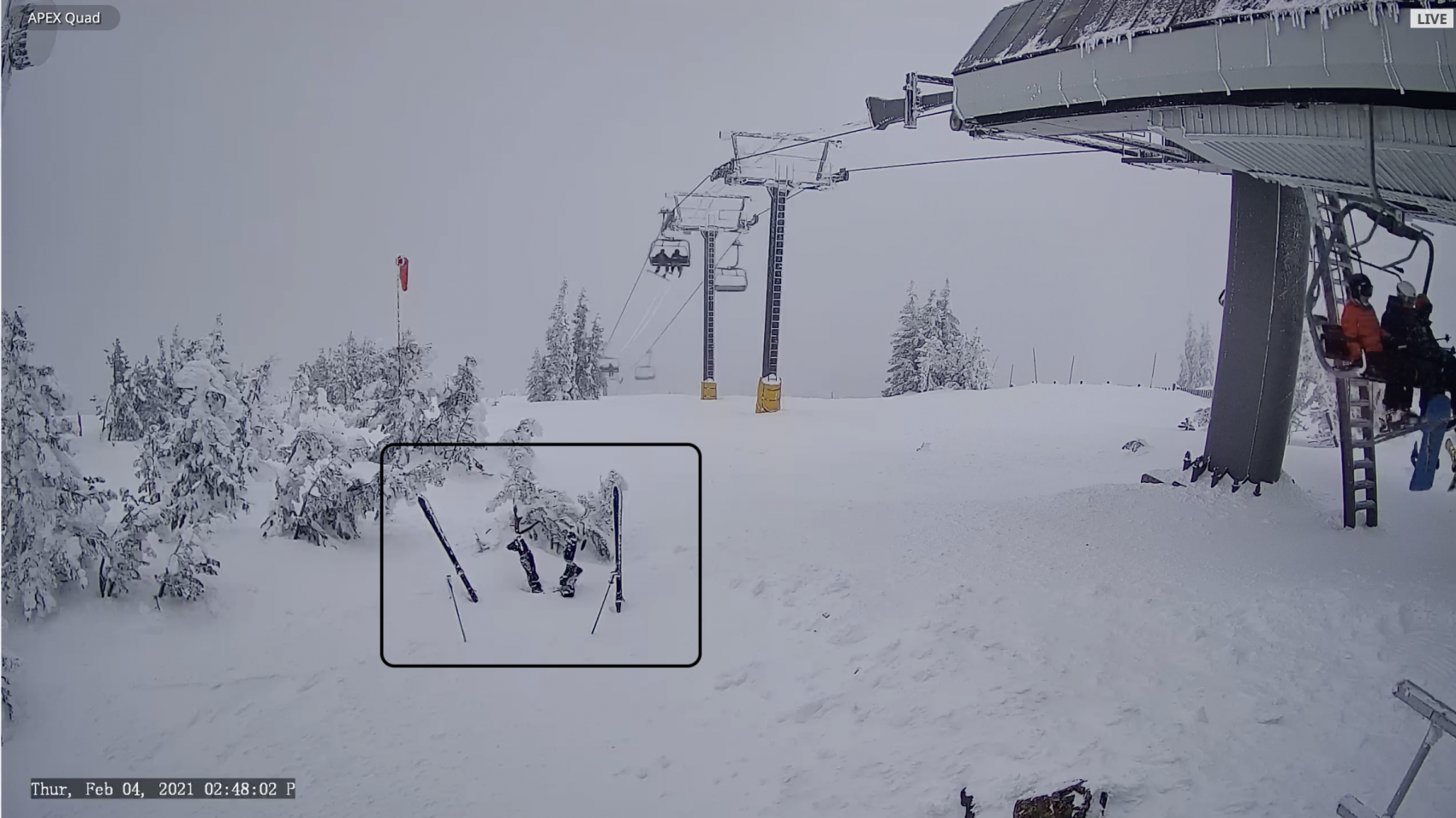[sponsored by SCOTT]
SCOTT Freeski athlete, Sam Cohen, knows a thing or two about skiing spines in Alaska. Since his first trip in 2012, Sam has been exploring and touring the mountains there every year. Last spring, Sam had the opportunity to spend three weeks scoping lines and backcountry camping in the region, as seen in the video – Peak of Ill Repute – above documenting that experience.
We recently caught up with Sam to get his first hand account of just what exactly spine skiing entails.
#1 How did you get into skiing and what lead to it becoming more than a recreational hobby?

I grew up two miles from the mouth of Little Cottonwood Canyon. My folks work up at Alta and put me on skis when I was super young. I skied with the Alta Youth Club while my parents worked on the weekends. In high school, I skied with the Snowbird Freeski Team. The team was epic. Basically, just a bunch of kids who grew up together skiing and bailing on school to travel and compete.
My pop shoots ski photos and was always taking shots of local skiers who inspired me to ski and get into the backcountry. Through all of that, skiing became more of a lifestyle than a hobby.
*Famed ski photographer, Lee Cohen, is Sam’s father.
#2 When was the first time you skied in Alaska?

When I was 19 I spent 6 weeks at a buddy’s parent’s house in Girdwood, hiking around the Turnagain Arm and skiing Alyeska on a record year. It just kept snowing and snowing so I couldn’t leave! Never leave if it’s dumping. That trip was mental.
“Never leave if it’s dumping.”
#3 How was your latest experience in Alaska different from your first trip?

Whew… very different. First off, I hadn’t had much experience camping for weeks on snow. When I say much, I mean any. Putting together the trip having never done a trip like this and trying to make it all happen was the crux for me. I was lucky to have good people involved who helped out a lot.
Once we were on the glacier it was all casual and sticking to what we know. In so many ways the first trip and most recent trip are different, but similar in a sense of adventure and exploring something new.
#4 What exactly is ‘spine’ skiing?

Skiing down spines. Ha,ha – just messing. There are all different types of spines, you could say. From huge monster mono spine lines to complex fluted spines. Skiing on the high ground and working the spines from side to side or maybe right to left.
There is endless lingo. It’s all mostly lingo…ha,ha. Essentially, staying away from the dragon of slough chasing you down the mountain.
“Essentially, staying away from the dragon of slough chasing you down the mountain.”
#5 What does ‘elbow steep’ mean and how steep a pitch can one actually ski, in your opinion?

Ha,ha. This is a common topic in Alaska. Elbow steep is when your uphill elbow is hitting the slope. Imagine trying to extend your arm sideways and before you can extend your arm fully, it hits the slope. Elbow steep. I’ve heard some pretty good ones of how steep it can get. Elbow is pretty damn steep. Shoulder steep could be skiable… maybe. How about earlobe steep?! Now that’s steep!
“Elbow is pretty damn steep.”
#6 What’s the scare factor on this type of terrain for you and how do you overcome it (or make it work for you)?

It changes every day. I am usually awake all night thinking about whatever plan we landed on that evening. I always have anxiety before hand, but when everything is happening and we’re out there, all of the worry and stress go away and I can tap into a good place and experience Alaska how I envision it to be. This isn’t always the case of course – ha,ha.
It’s hard to tell the difference between true fear and perceived fear. At this point in time I think backing off when it doesn’t feel right is always a good call. I think about controlling fear often and have been in states where it doesn’t exist and then other times it feels almost too real.
“At this point in time I think backing off when it doesn’t feel right is always a good call.”
#7 Have you ever fallen on these trips to Alaska/ worst experience?
In 2015 I was on a trip with Dane and Tanner filming in Haines and we had a ridiculous cycle of blower snow. I think the second day into filming I took a really bad crash, smashing my helmet on some rocks and getting flushed out a tight choke. Flying through the air headfirst toward those rocks was near surreal. Definitely true fear … ha,ha.
The next day I got back out and had an unbelievable day skiing lines, so when we went out the next morning I was feeling really good. I ended up taking a near thousand-foot crash down a fluted spinewall. Once again, luckily I ok. Got me good on that one though. They bumped me out of the field right then and I ended up taking three or so weeks off due to a knee and shoulder injury.
#8 What do you need to ski a spine in terms of:

Conditions: Ideally creamy, smooth pow. You would think mega blower, but more snow = more slough. That being said, mega cold blower is never bad… but pretty scary when the white dragon is chasing you and all it wants to eat is human flesh.
“…mega cold blower is never bad… but pretty scary when the white dragon is chasing you and all it wants to eat is human flesh.”
Gear: I would say it depends on what kind of trip you are on! If I’m going heli skiing I always ski on the SCOTT Scrapper 189 and for a boot run the SCOTT G2 130. A fat ski with a stiff tail and stiff boot can definitely save you from washing out and taking a tumble. On this last camping/hiking trip I was using a SCOTT S1 tech boot and the 185 Superguide ski. The tech boot/binding/ski setup doesn’t inspire the most confidence but still can get it done. Other gear would consist of an airbag pack and your normal goggle/helmet setup. I recommend an airbag to anyone skiing backcountry – even if being guided.
Experience: I would say the best experience is first hand in this realm. Get up to Alaska and go do some client skiing to get a feel for the slopes or like on my first trip to AK, go hiking! If you have a sled, that can speed things up a bit too. There’s a lot of sled access terrain and that’s usually a bit more feasible cost wise for most people. Growing up at Alta, Utah, there weren’t many “spines.” Skiing places with a thin snowpack really can prep your mind for when the snowpack is deep and you are able to open it up and not worry about hitting rocks as much.
Headspace: I can only speak for myself here. Having the ability to tap into the most pinpoint focus you are capable of and holding onto that focus for an extended period of time.
Other: Going out with people who know how to ski and navigate that type of terrain will always help in getting you to the place you are envisioning.
# 8 Is spine skiing the ultimate thrill ride?

I can only speak for myself here, but in my experience, I’ll have to say yes. The concept of flying around in this mechanical bird, looking for damn near inaccessible lines on steep mountains, to ski near as fast as you can, is insane to me. It’s a fantasy. The whole process each day out there is the real deal holy field.
“The whole process each day out there is the real deal holy field.”
#9 What makes Haines, AK such a great spot?
Around every nook, in every little cranny there is terrain to ski. Not only the skiing is incredible, but the people are what make it a place you end up missing when you are gone… until you find yourself right back at the Fort Seward Lodge. It’s a package deal. That makes Haines one of the best places to be a skier on the planet.
#10 Where is the best skiing on earth?

Ha,ha. Still collecting data for my “best skiing on earth” thesis. Will let you know when I figure out the answer. Alaska is winning so far with Mt. Baker coming in a very close 2nd place.
Big thank you to Sam for sharing his experience and photos with SnowBrains.
Connect with Sam here:
Instagram: http://instagram.com/sammocohen
Facebook Page: https://www.facebook.com/sam.cohen.3363





